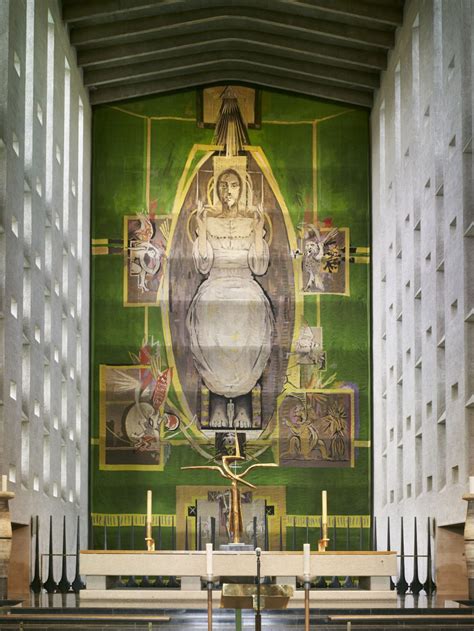The Spirit works to meditate and we must work to receive and interpret. The Spirit must continue the work of unfurling the meaning of the Gospels because their meaning is superabundant, both inexhaustible in themselves and in need of constant appropriation and reception in every time and place. As Quash puts it,
“We may expect certain qualities in the gospels in order that they will be suited to the Spirit’s work of gradual mediation. To lend themselves to the Spirit’s unfolding, they must first be, so to speak, folded texts. They must be texts that ‘keep on giving’ over time. They must be immensely, if not infinitely, generative of new and transformative insight: rich, dense, full of implications (implicatio being the Latin word for ‘foldedness’).”
The Gospels’ meaning was not locked in time for the people to whom they were initially addressed. To accept that the Spirit continues to unfold the meaning of the Gospels is to simultaneously accept that these texts are addressed to us and to those who will come after us just as much as they were addressed to those who first received them.
Moreover, in their superabundance the Gospels are both iconic and ironic. The gospels are first iconic because they display the multifarious glory of Christ. Using Graham Sutherland’s Christ in Glory, a tapestry that hangs in Coventry Cathedral, to illuminate this point, Quash argues that the four gospels must be taken together. In the tapestry, in accord with biblical imagery, the four beasts surrounding Christ represent the four gospels, and the space that they open up between them is the space in which we are able to behold Christ. While each individual gospel displays Christ, the four gospels taken together create an entire field of vision in which to behold him.

In addition to being a field of vision, it is also a field of play, for the four-fold witness of the gospels invites both interpretation and participation. The space they open between them, Quash says, pulling from Balthasar’s theodramatics, is a “Spielraum”–an acting area. It is not just a space of understanding, but a place of enactment, and more literally a space of play (spiel).
The gospels are also ironic because they, as Quash puts, “slip the frame”, they point beyond themselves as texts, and so invite generative encounter. Quash writes, “There is an apparent self-consciousness in the gospels by which they both acknowledge the specifics of an original narrative context and also anticipate an indeterminate number of future ones. They promise to seek ‘readers’ who will ‘understand’ wherever and whenever they may be.” The gospels wink at the reader, in other words, and that wink is an invitation to interpretation and participation. Rather than seeking to define once and for all the meaning of them within the world they came from, the task is to allow the gospels to slip out of themselves into the world we inhabit and so transform it.

